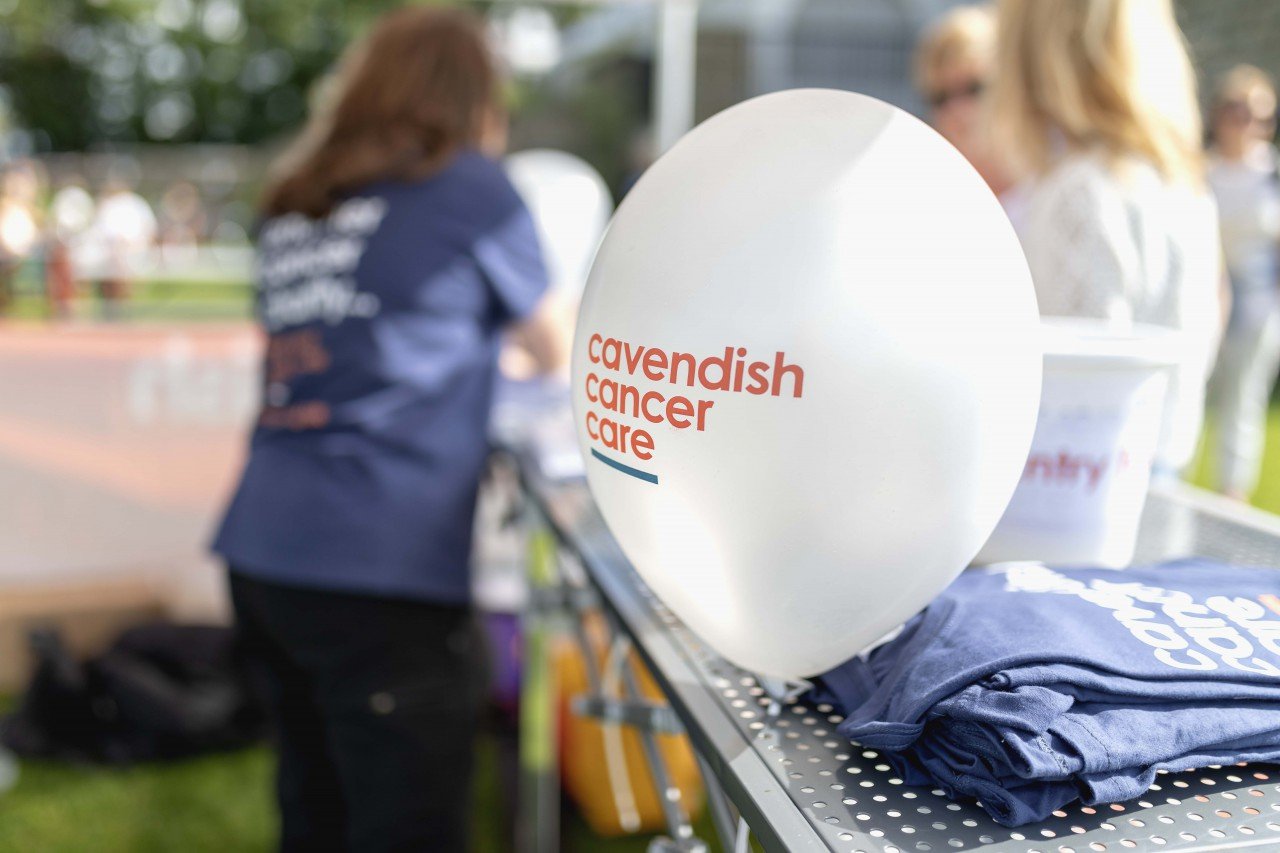Cavendish teams up with Sheffield Hatters to promote Cervical Cancer Prevention Week
January 21, 2024
Cavendish Cancer Care have teamed up with women’s pro-basketball team the B.Braun Sheffield Hatters to promote this year’s Cervical Cancer Prevention Week, which runs from 22-28 January.
Cavendish Cancer Care is a charity partner of the Sheffield Sharks and Sheffield Hatters basketball teams and regularly works with the teams to share messages about cancer prevention.
Cervical Cancer Prevention week is a campaign by Jo’s Trust, the UK’s biggest cervical cancer charity who work nationally to raise awareness of cervical cancer. The key messages of the campaign are to encourage take up of the HPV vaccine, which is offered via a schools vaccination programme to boys and girls around age 13, and also to raise awareness of the importance of cervical screening tests (smear tests).
Emma Draper, CEO at Cavendish Cancer Care, said of the campaign, “We’re thrilled to have The Hatters on board to help us promote this campaign and get messages out about prevention of cervical cancer. We support many clients at Cavendish who have had treatment for cervical cancer and although survival rates have increased over the past few years, the best way to reduce incidences is through prevention. The Hatters are ideally placed to advocate this message in the community.”
Cervical Cancer Facts
- In the UK, around 3,200 women are diagnosed with cervical cancer every year, with over 800 losing their lives. That translates to 9 women a day diagnosed with cervical cancer, with 2 women a day losing their lives.
- Cervical cancer is largely preventable through the combination of HPV vaccination and cervical screening.
- Human Papillomavirus is a very common virus and while most types of human papillomavirus (HPV) do not cause cervical cancer, about 14 high-risk HPV types cause over 99% of cases.
- Incidence is highest amongst women aged 30-34.
- In 2014 it was estimated the NHS spent around £21 million a year treating cervical cancer.
- The HPV vaccine has been routinely offered to girls aged 12-13 years since 2008 onwards and to boys aged 12-13 since September 2019. Cases of cervical cancer have fallen by 87% amongst women in their 20’s due to the vaccine.
- Symptoms of early-stage cervical cancer include vaginal bleeding that’s unusual for you – including bleeding during or after sex, between your periods or after the menopause, or having heavier periods than usual. changes to your vaginal discharge. pain during sex. pain in your lower back, between your hip bones (pelvis), or in your lower tummy.


